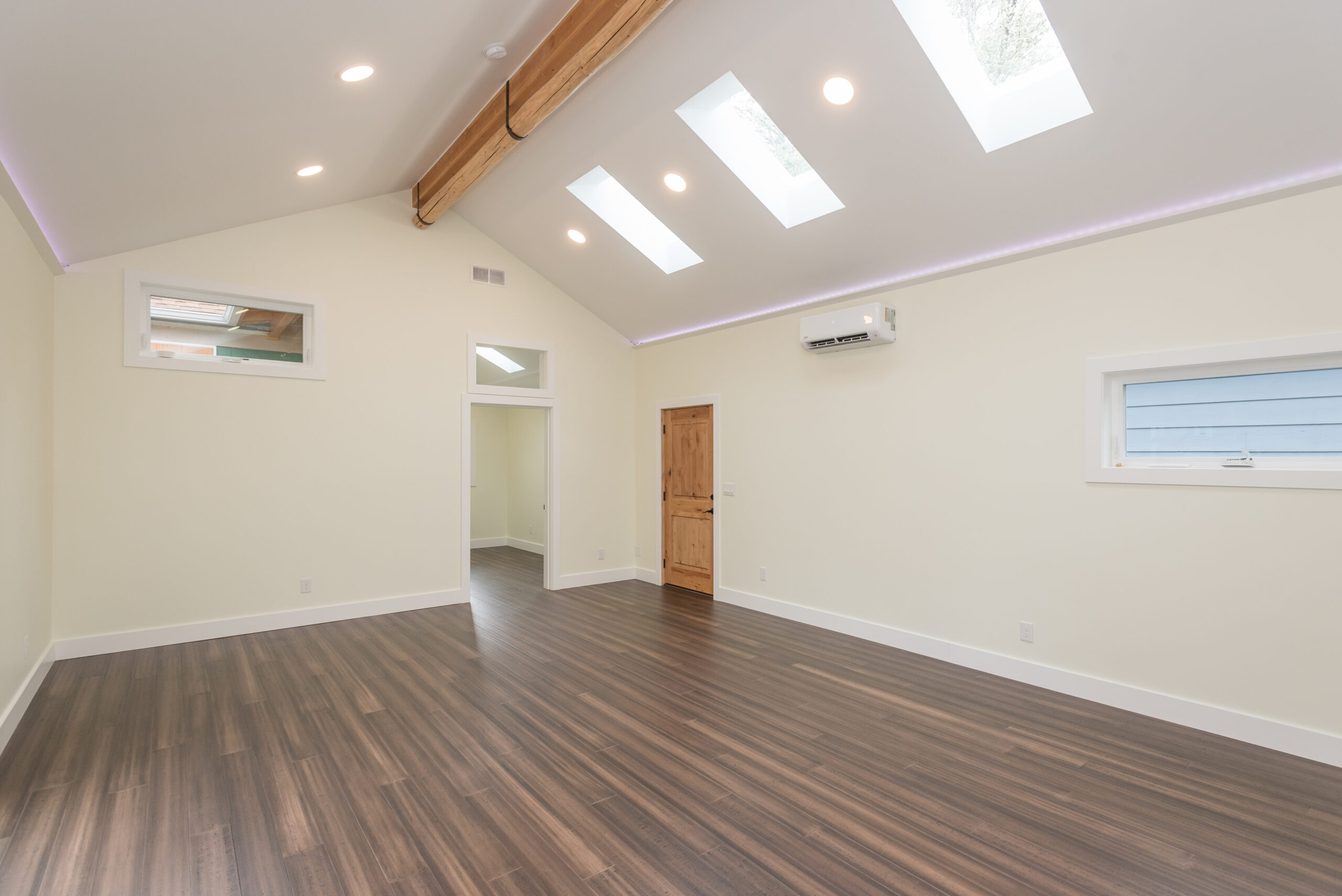

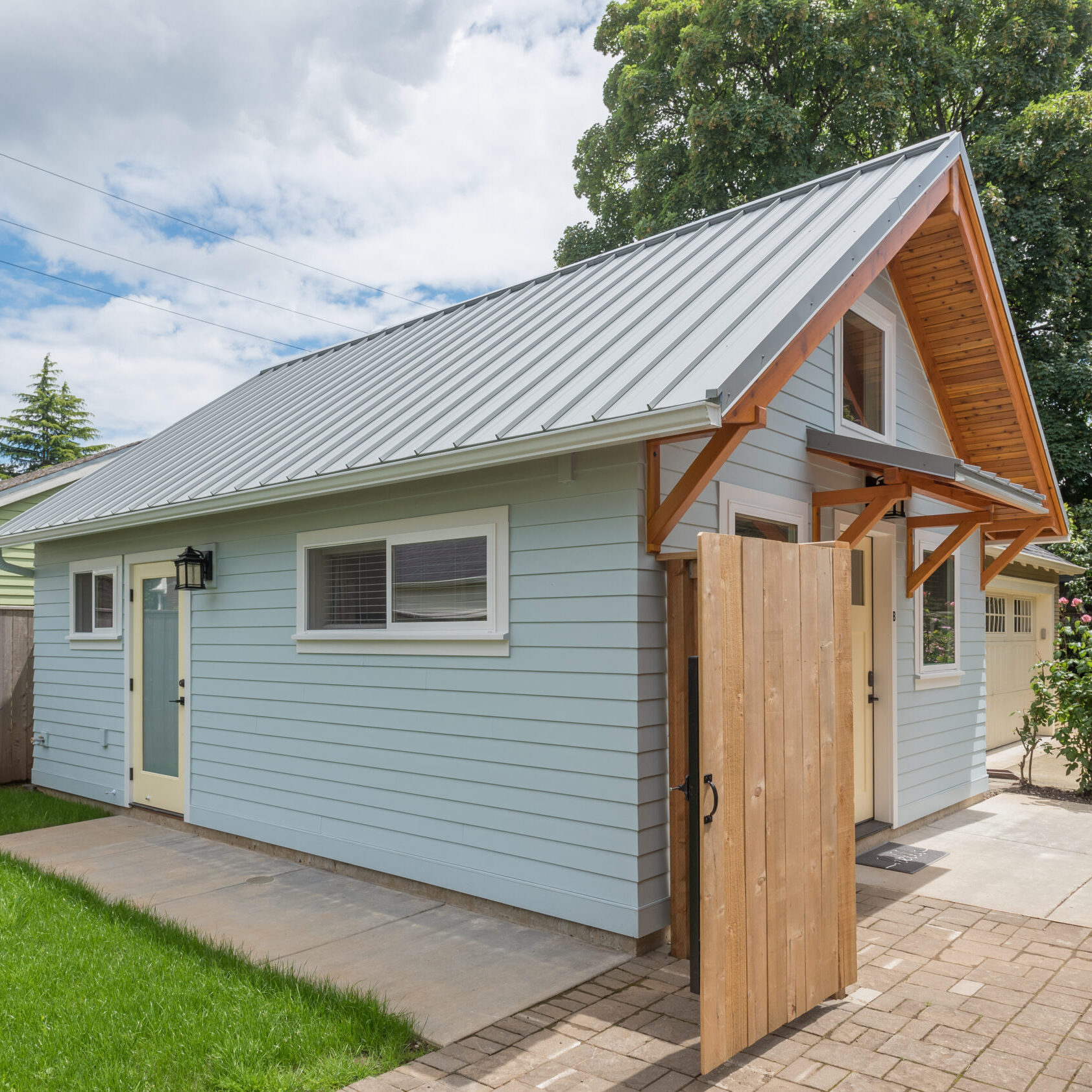
Accessory Dwelling Units (ADUs) have become increasingly popular in Portland, Oregon, as homeowners seek to maximize their properties and address the city’s housing challenges. ADUs, often referred to as “granny flats” or “mother-in-law suites,” offer flexible living spaces that can be either attached to or detached from the main dwelling. In this authoritative blog post, we will explore the key differences between attached and detached ADUs in Portland to help homeowners make informed decisions when considering these valuable housing options.
Defining Attached and Detached ADUs:
- Attached ADUs:
- Definition: An attached ADU is an additional living unit that is physically connected to the primary dwelling, sharing a wall, foundation, or other structural elements. This definition was updated recently to be more restrictive requiring that an attached structure have at least one common wall. Breezeways or other connectors are no longer allowed to satisfy this definition.
- Location: Typically, attached ADUs are situated within the primary residence or are constructed as an extension of the existing home.
- Integration: They are integrated into the primary dwelling and share common spaces, such as utility connections, entryways, or walls.
- Advantages:
- Cost-effective construction due to shared infrastructure.
- Efficient use of available space.
- May blend more seamlessly with the architectural style of the main house.
- Considerations:
- Limited privacy compared to detached ADUs.
- May require more complex permitting due to structural changes to the main house.
- Detached ADUs:
- Definition: A detached ADU is a separate structure located on the same property as the primary residence but is not physically connected to it.
- Location: These units are typically found in the backyard or on a separate portion of the property.
- Independence: Detached ADUs have their own entrance, utilities, and living spaces, providing more privacy.
- Advantages:
- Greater independence and privacy for residents.
- Easier permitting process in some cases, as it involves a stand-alone structure.
- Versatility in design and location on the property.
- Considerations:
- May incur higher construction costs due to separate infrastructure and building requirements.
- Architectural design may require more thought to complement the main house.
Regulations and Zoning:
Portland, like many cities, has specific regulations governing ADUs. These regulations vary depending on whether the unit is attached or detached. Understanding the zoning laws and permitting process is crucial for homeowners considering an ADU.
- Attached ADUs: These are often subject to less stringent zoning requirements, especially in areas with single-dwelling zones. They can take advantage of existing infrastructure, making the permitting process more straightforward.
- Detached ADUs: The zoning regulations for detached units can be more complex, as they are often considered separate structures. The location, size, and design may be subject to more stringent scrutiny. However, these regulations have become more lenient in recent years to encourage detached ADU construction.
Design and Aesthetics:
The choice between attached and detached ADUs can significantly impact the overall design and aesthetics of your property.
- Attached ADUs: These units are generally more integrated into the main house’s architecture, providing a cohesive look. They may be less noticeable from the street, preserving the property’s original character.
- Detached ADUs: Detached units offer more design flexibility. They can be constructed in various architectural styles, allowing homeowners to match or contrast with the main house, depending on their preferences.
Privacy and Livability:
- Attached ADUs: These units are often suited for families or individuals who desire proximity to the main house for support or caregiving. However, they may have limited privacy due to shared spaces.
- Detached ADUs: Detached units offer greater privacy and independence, making them ideal for renters, older children, or those who value their personal space.
Construction Costs:
- Attached ADUs: These are generally more cost-effective because they leverage existing infrastructure, such as shared utility connections and foundations.
- Detached ADUs: Building a separate structure with its own utilities may be pricier. However, detached units often provide a higher potential for rental income, which can offset initial construction costs.
Rental Income Potential:
- Attached ADUs: Rental income may be somewhat limited due to shared spaces and proximity to the main house.
- Detached ADUs: These units tend to command higher rental rates and can potentially generate more income due to the increased privacy and independent living they offer.
Conclusion:
Both attached and detached ADUs in Portland, Oregon, have their advantages and considerations. Your choice should align with your specific goals, budget, and property layout. For those valuing privacy and rental income, detached ADUs are often the preferred option. Meanwhile, attached ADUs are a viable choice for those seeking cost-effective solutions and closer familial connections.
As ADU experts in both Attached and Detached configurations we are here to help you determine what would work best on your site. SQFT Studios is your resource for this type of analysis and offers Design-Build services as well as Feasibility Studies to help you with your ADU journey. Please let us know if you are interested in a consultation by filling out our Contact Us form. Have a great day!












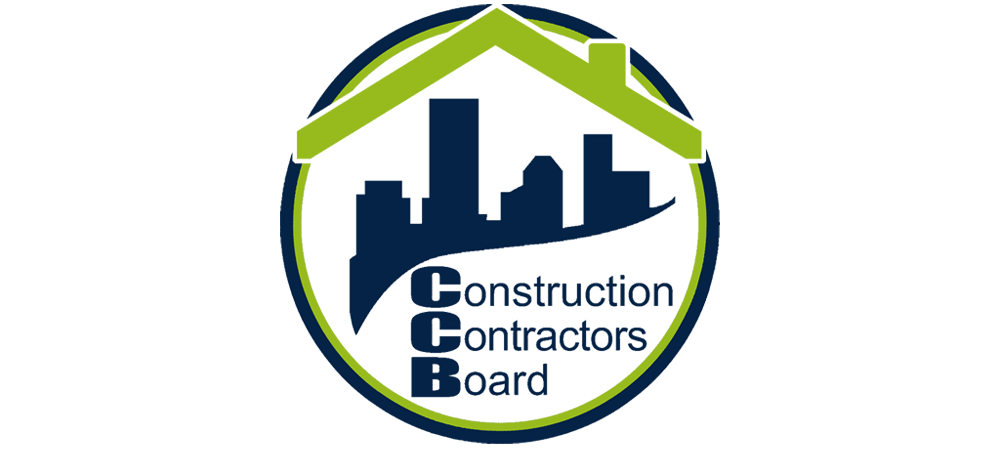






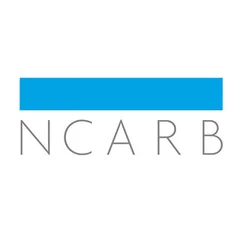


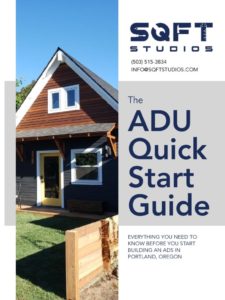 Download our ADU Quickstart Guide and learn about the features and benefits and ADU can provide to your existing property.
Download our ADU Quickstart Guide and learn about the features and benefits and ADU can provide to your existing property.